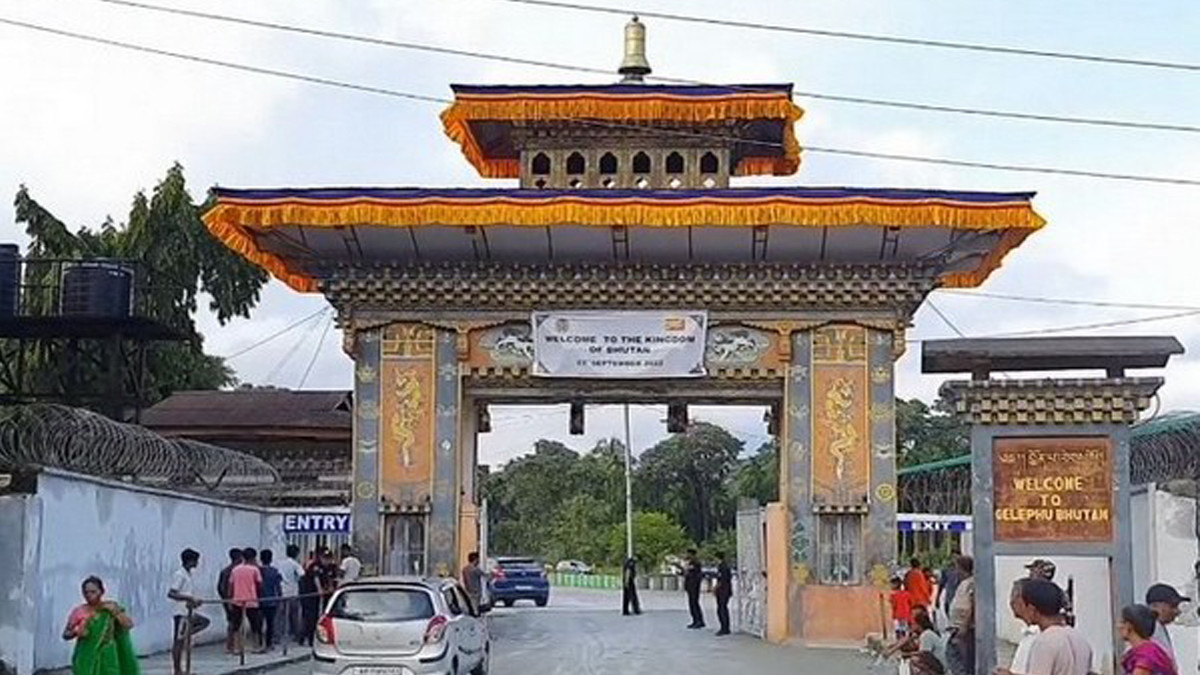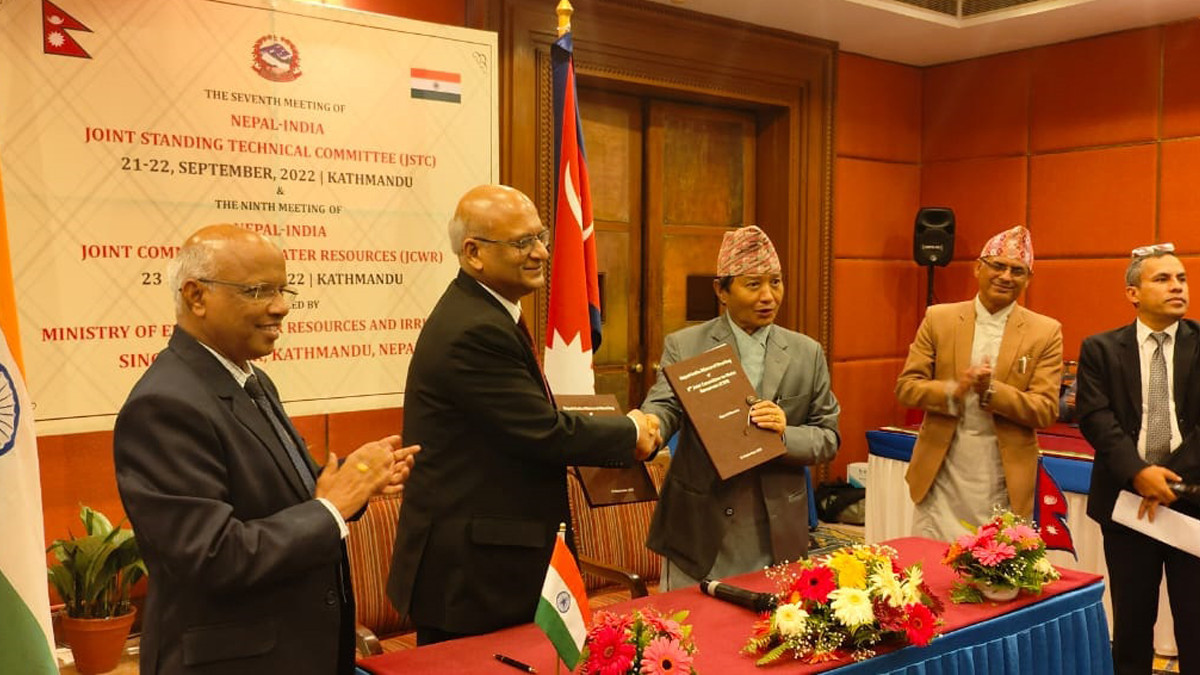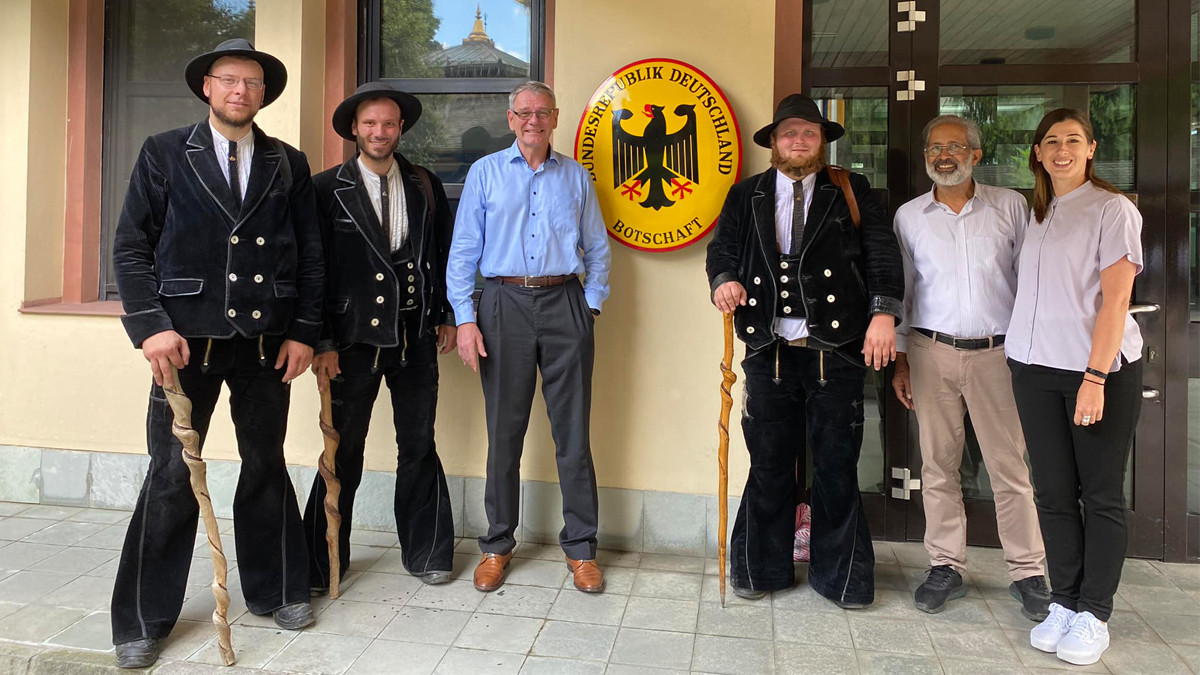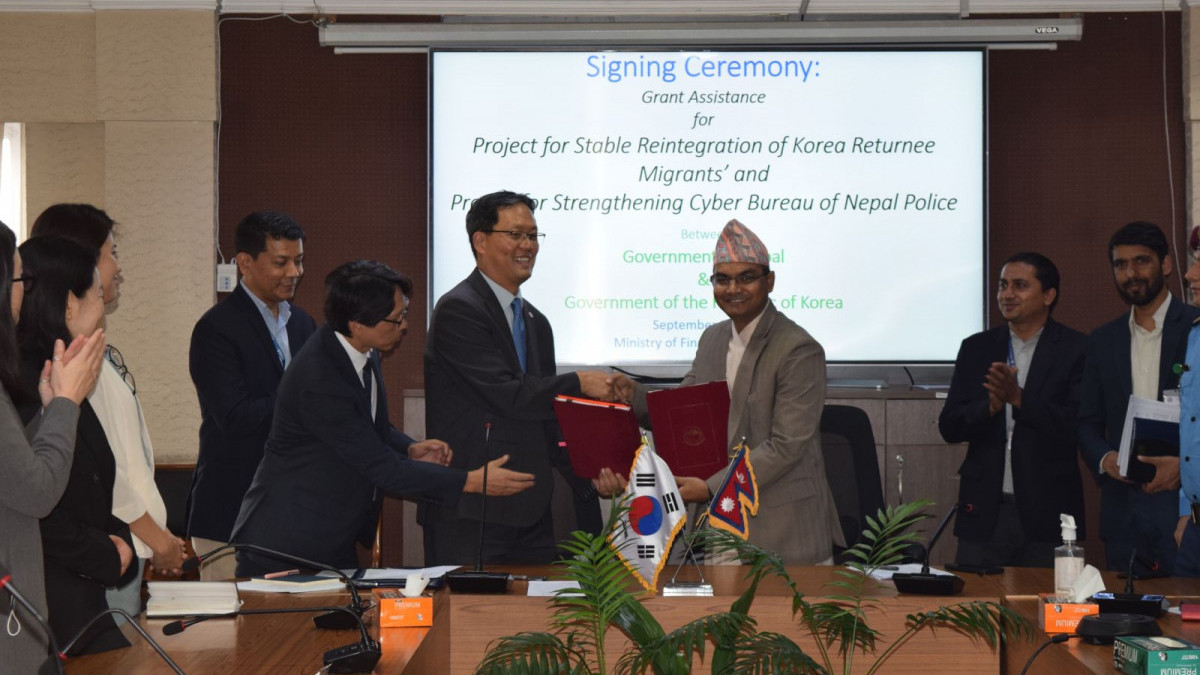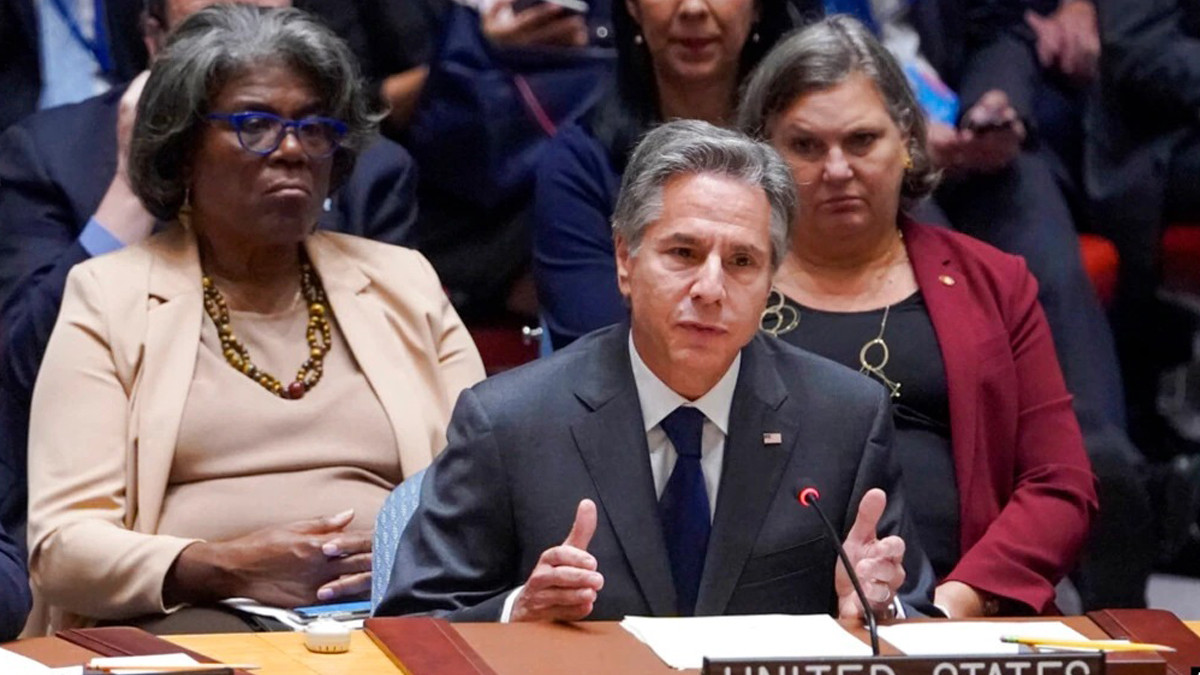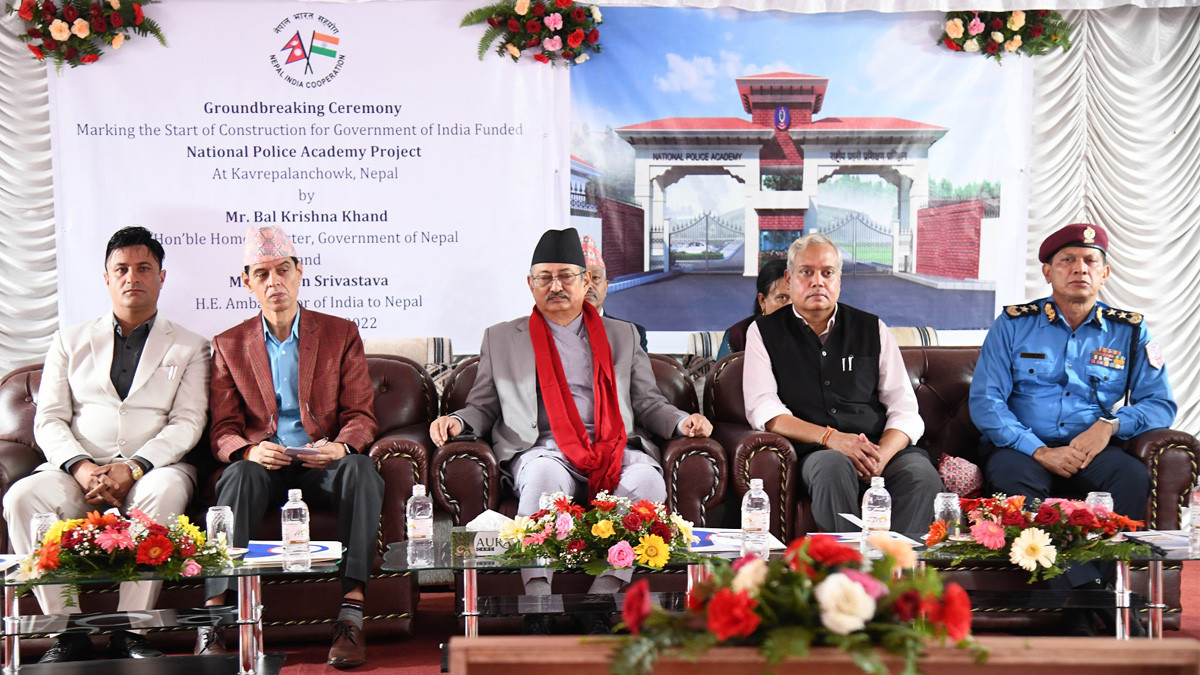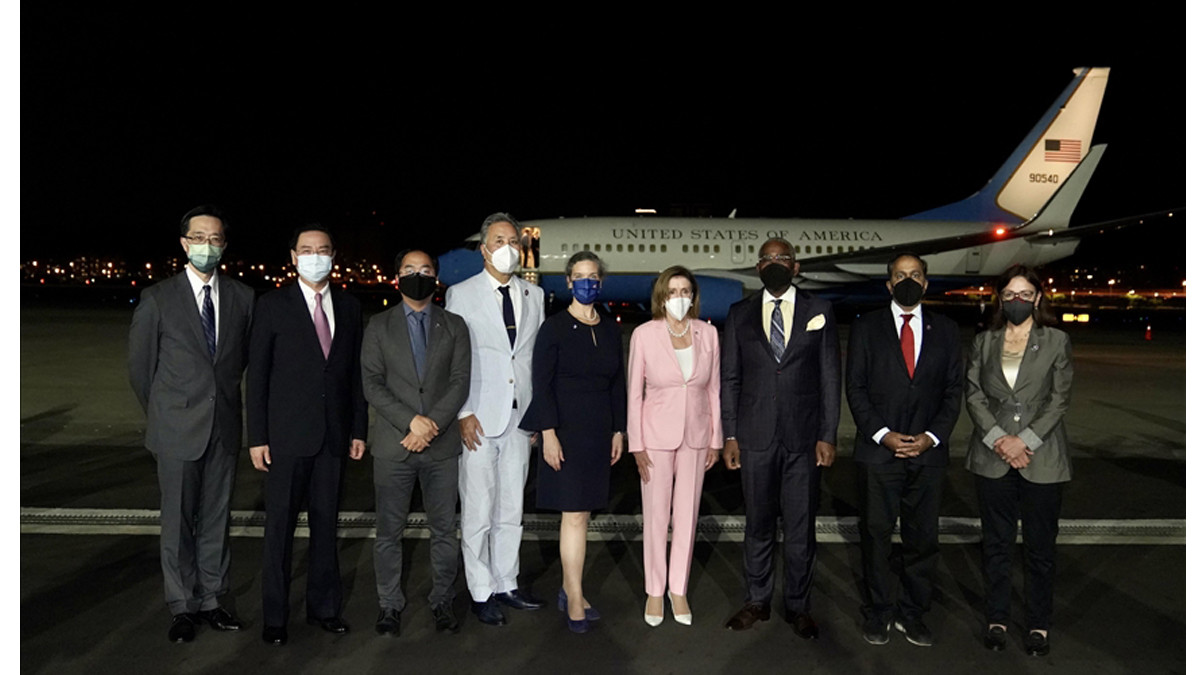 File Photo of US House Speaker Nancy Pelosi after when she landed in Taiwan
File Photo of US House Speaker Nancy Pelosi after when she landed in Taiwan
The Taiwan Affairs Office of the State Council and the State Council Information Office of China published a white paper titled "The Taiwan Question and China's Reunification in the New Era" on Wednesday, following the tensions triggered by US House Speaker Nancy Pelosi's provocative visit to Taiwan island last week.
The white paper, which demonstrates the resolve of the Communist Party of China (CPC) and the Chinese people and their commitment to national reunification, was also released amid the escalating cross-Straits tensions and the People's Liberation Army (PLA)'s military drills against Taiwan secessionists and foreign interference. Analysts said the white paper's release is a warning to Taiwan authorities as well as external forces, as the mainland is much stronger to solve the Taiwan question under the new circumstances.
"We are one China, and Taiwan is a part of China. This is an indisputable fact supported by history and the law. Taiwan has never been a state; its status as a part of China is unalterable," says the white paper, noting that the CPC is committed to the historic mission of resolving the Taiwan question and realizing China's complete reunification.
"The realization of complete national reunification is driven by the history and culture of the Chinese nation and determined by the momentum towards and circumstances surrounding our national rejuvenation," the white paper says.
"Never before have we been so close to, confident in, and capable of achieving the goal of national rejuvenation. The same is true when it comes to our goal of complete national reunification," it added.
The document is China's third white paper on the Taiwan question. The previous edition was "The Taiwan Question and Reunification of China" (1993) and "The One-China Principle and the Taiwan Question" (2000).
Like the previous editions, the third white paper once again stressed that peaceful reunification and "one country, two systems" are China's basic principles for resolving the Taiwan question and the best approach to realizing national reunification. It says the differences in the social system in mainland and Taiwan are "neither an obstacle to reunification nor a justification for secessionism."
The fifth chapter of the white paper titled "Bright Prospects for Peaceful Reunification" has four articles. Analysts said it is the first time for the mainland to elaborate on the bright prospect of peaceful reunification in such a high-level official document. It is worth noting that the white paper's elaboration of "one country, two systems" for Taiwan draws on the experience and lessons of the practice in Hong Kong and Macao, and clearly states that "One Country is the precondition and foundation of Two Systems."
The white paper stressed that the Chinese mainland will not renounce the use of force, and reserves the option of taking all necessary measures. However, this is to guard against external interference and all secessionists' activities. "In no way does it target our fellow Chinese in Taiwan. Use of force would be the last resort taken under compelling circumstances."
"We are ready to create vast space for peaceful reunification, but we will leave no room for secessionists' activities in any form," the white paper says. "We will work with the greatest sincerity and exert our utmost efforts to achieve peaceful reunification."
The white paper says that the future of Taiwan lies in China's reunification, and the well-being of the people in Taiwan hinges on the rejuvenation of the Chinese nation.
Once peaceful reunification is achieved under "one country, two systems," it will lay new foundations for China to make further progress and achieve national rejuvenation. At the same time, it will create huge opportunities for social and economic development in Taiwan and bring tangible benefits to the people of Taiwan, it says.


